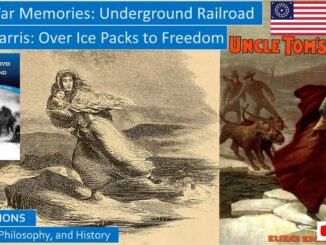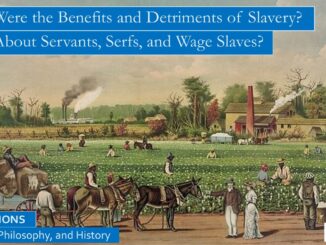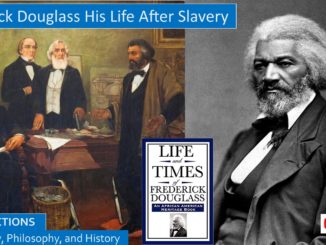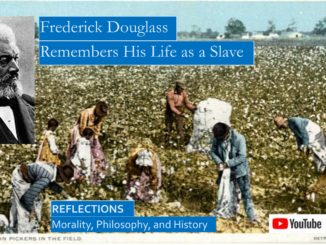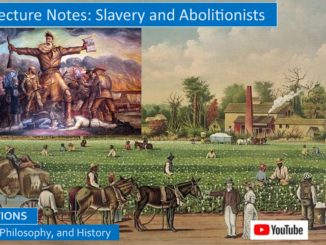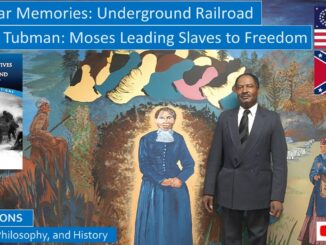
Harriet Tubman, Conductor of Underground Railroad, Leading Many Slaves to Freedom
After spiriting so many slaves to freedom, a massive bounty of $40,000 was placed on Harriet Tubman’s head, which is equivalent to many hundreds of thousands in today’s money, enough to buy hundreds of slaves. If she had been caught, she likely would have been lashed with a hundred lashes bleeding out, she likely would have died from the punishment. She was bold, she would go to the market pretending to be an old woman, once she brushed past one of her former masters!
Before the Civil War, she made nineteen trips to Maryland to rescue more enslaved relatives, and slaves on other plantations. In this account she remembers she rescued three hundred souls from slavery, other accounts say less than a hundred. […]

